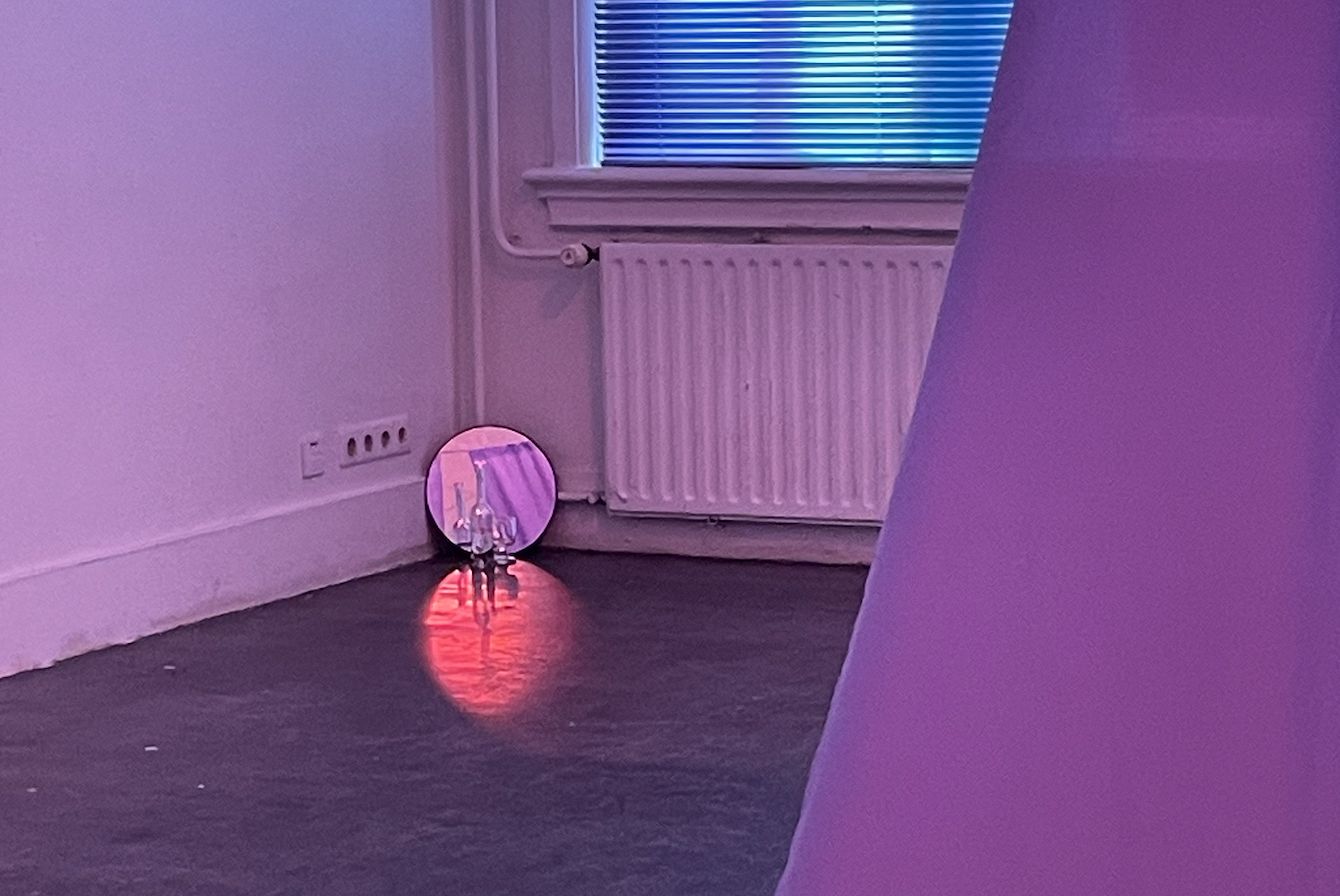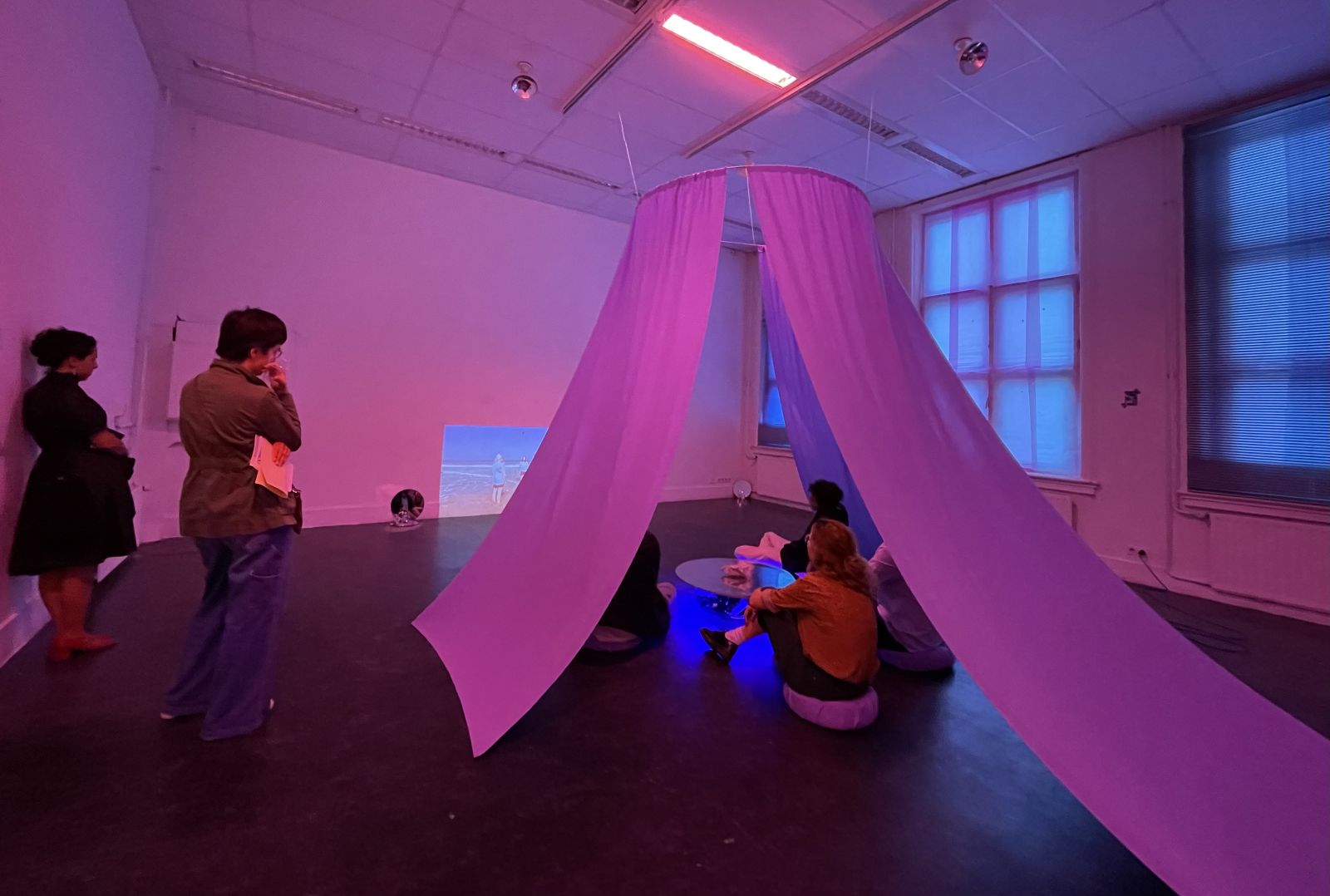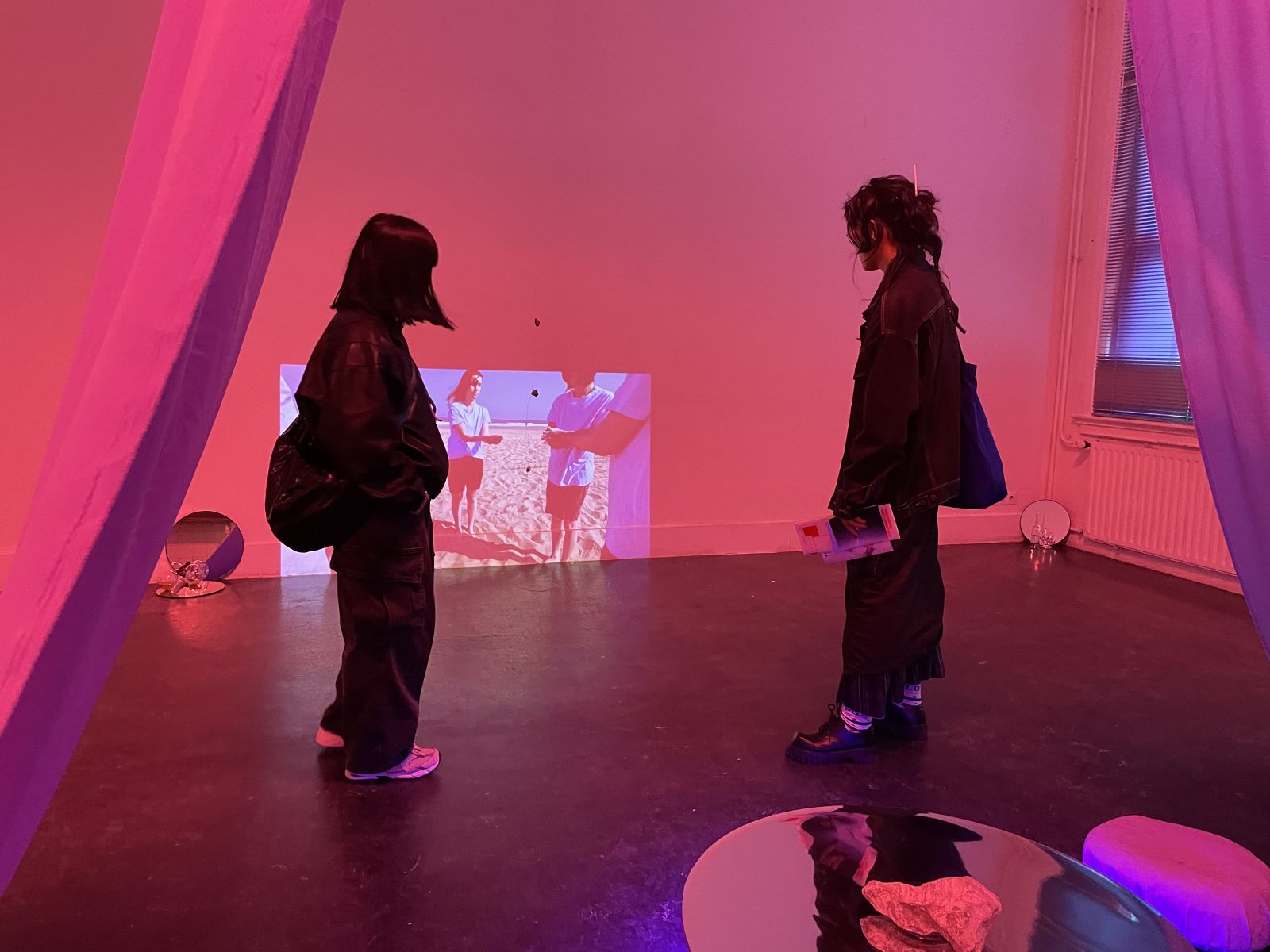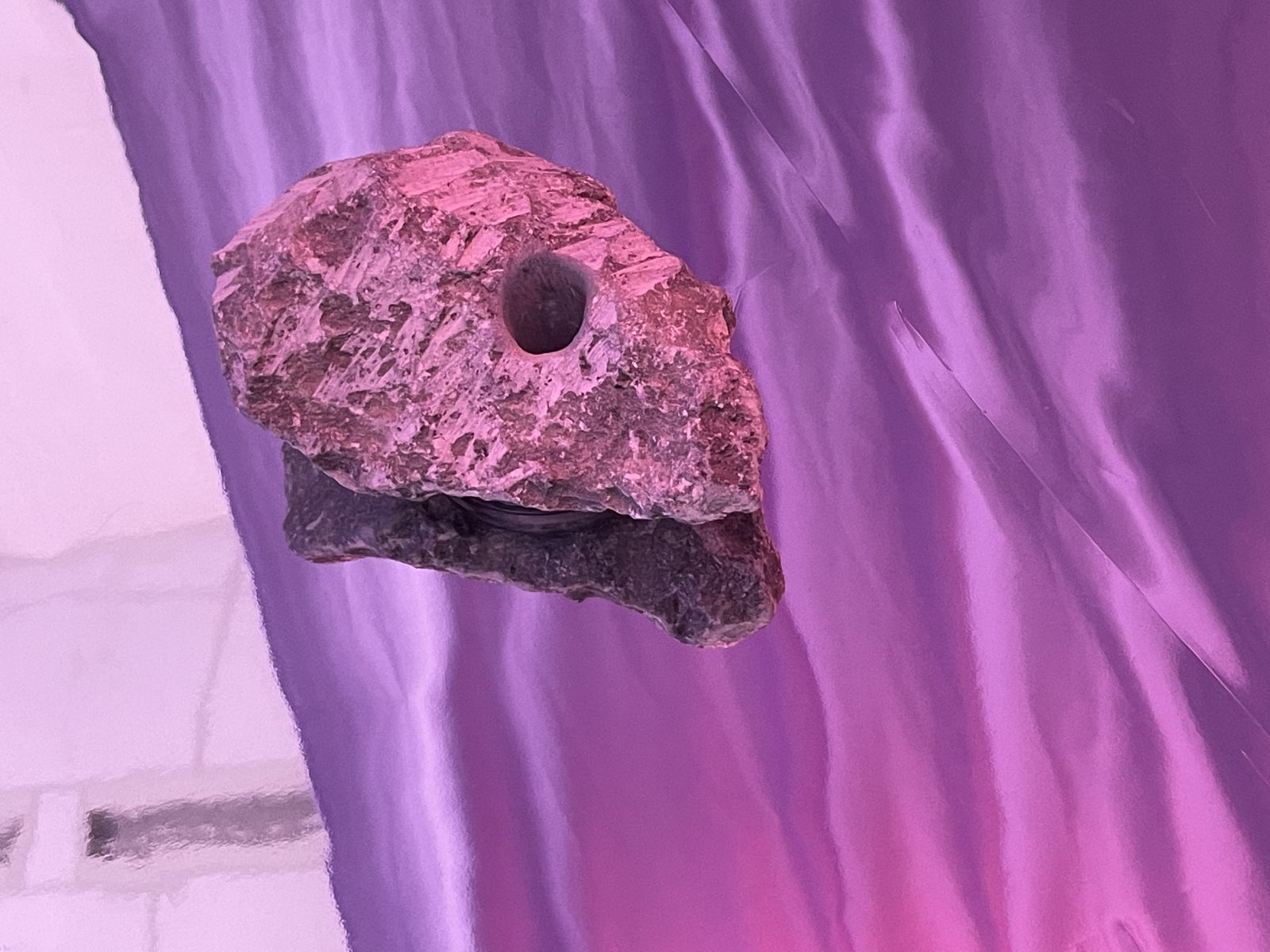
Anne Arndt
Keywords: Reinventing rituals, Waterbodies, Kinship
Rituals have the symbolic power to bring people together and induce in them a strong relationship with the world. How do we consider the present-day meaning of rituals, their role in different societies and how can they may be reinvented? The oceanic Rituals of Neptunfest and Hühnergott (lit.:chickengod/hole stone) are taken as a case study to unravel its various facets – explored through the lens of cultural, historical, and gender politics.
Acknowledging the abusive practices within Neptune baptism rituals in former DDR, the traumatic experiences are illuminated as both individual and collective memories, as something that undergoes a therapeutic treatment through the poetics of an artistic performance. Which sets out to explore the questions of whether identity is rooted in one space and time, the linearity of temporality, the singularity of past and future, and of history. The performance also focuses on social and cultural narratives of oceanic rituals and displacement and develops emancipatory tools to confront ecologic, cultural, and political inequality and antagonism. It is a rhythmical approach to multidimensional embodied experiences.
Performers, objects, and re-invented rituals create layers that interweave with body memories: bringing together a multiplicity of inhabited realities and situated experiences, displaced through time and space. All these re-mix and rearrange the puzzle pieces that make us what we were, are, will be, and want to become. How can we dismantle exclusionary patriarchal narratives that are only constructed for some. Such narratives in which Othered bodies are left placeless. Sara Ahmed describes feminism as a building project that needs to be constructed out of feminist material. How can we inhabit embodied modes of knowledge production by using our lived experiences and shared stories as tools and bricks? How can we tell stories without heroes, and reoccupy this position with many voices?
Between Horizon and Atlantikwall, mnemonic and conflicted landscapes are like wounds on the body of the earth breaking out over and over again without relief. Oftentimes the tendency to forget or to create alternate narratives for what actually happened is predominant. How we're gonna work collectively to transform this wound into a place of relationality, care, and softness, which means to maintain, continue, and repair our world so that we can live in it as well as possible. That world includes our bodies, ourselves, and our environment, all of which we seek to interweave in a complex life-sustaining web.



